Foreign honors and imitations thereof don't seem to thrive on this side of the Atlantic, prestigious as they may be back in Europe.
Consider the annual presentation of Presidential Medals of Freedom, our version of Britain's honors list, which by now must include the names of thousands of honorees. Who can remember them all? Or any of them.
Maybe the Medal of Freedom is supposed to be our equivalent of the Legion of Honor in France, which dates back to Napoleonic times. Its design has had to be changed over the years and regimes, as the empire gave way to a succession of republics. (The French always did keep up with fashion, whether sartorial or political.)
By now the annual announcement of Medal of Freedom recipients at the White House has all the style of any other celebrityfest. It's become a regularly scheduled event, like the Oscars, rather than a recognition of rare distinction. It's long had the look and flavor of an imported product rather than one rooted in native soil. Much like the comic-opera uniforms Richard Nixon once imposed on the White House guards for a mercifully brief time.
Still, some of the names on the list of those being honored with a Medal of Freedom stand out every year. They're usually the names of figures being awarded the medal posthumously. Maybe because their merit has survived their death, or even been emphasized by it.
This year's list, for example, included Daniel Inouye's name. He'd earned the Medal of Honor long ago -- in recognition of his heroism in the European theater with the 442nd Regimental Combat Team, the most decorated military unit in American history. Only later would he become a mere senator. Some of us have always wondered what the Germans must have thought when they found themselves being cut to pieces by American troops who looked Japanese. ("Is there something the Fuehrer hasn't told us?")
Recommended
Another honoree this year was the late Sally Ride, the scholar-astronaut who not only took part in American space missions but took a leading part in investigating them when they turned into American tragedies. Her death last year -- of pancreatic cancer -- remains a fresh and painful loss.
One more name on this year's list stands out -- not just because the honor was so well deserved but because it was so long in coming. Bayard Rustin's name was well-known to historians of the American civil-rights movement -- but not to the general public. Even though he engineered one of the most peaceful and therefore successful revolutions in modern history. But he always avoided the limelight. He was the man behind the scenes who made it all work while the stars took their turn on the stage.
Bayard Rustin had always understood that it was not racial integration that was the unnatural imposition on the American way of life, but racial segregation. So, in his calm, deliberate, businesslike way, he organized its disappearance. Through demonstration after demonstration, peaceful protest after peaceful protest, each one greater than the last.
And when Martin Luther King finally approved the biggest and most peaceful demonstration of them all -- a march on Washington that would draw 200,000 people and galvanize the American conscience -- he would naturally turn to Bayard Rustin to organize it. The great gathering in front of the Lincoln Memorial in August of 1963 would prove Bayard Rustin's greatest achievement over a lifetime devoted to peaceful protest. It is still celebrated to this day -- every year on its anniversary.
Even some of those who would have liked nothing better than to drive a stake through Jim Crow's cruel heart had qualms about bringing hundreds of thousands of protesters to the nation's capital. They envisioned violent scenes -- attacks, riots, chaos ... the kind of scenes that would set the cause of civil rights back another hundred years.
But when this March on Washington materialized, it could have been an immense church service. All was peace. As the image of Father Abraham looked on approvingly, this huge, instant congregation marched and prayed, sang and dreamed. Black and white together, just as the old civil-rights song said. And when the march was over, it had left nothing behind but good feelings. The victory had been complete, for it had been completely organized. Almost nobody noticed the organizer-in-chief. That's the way he wanted it.
Only now has Bayard Rustin been properly honored, his life of quiet accomplishment quietly recognized. Such are the triumphs of peace and patience, which are as enduring as they are gradual. If there was anything remarkable about Bayard Rustin, it was his dull, predictable consistency. A conscientious objector in war, he remained a pacifist even while fighting for racial justice. Over the course of a lifetime devoted to peaceful protest, he stuck to his principles. He believed in justice and he believed in nonviolence. And he never gave up on either one. His was an honorable life.
A good and faithful servant, he knew the work of his hands would last, unlike that of those who burned crosses and blew up churches. When the haters baited him, Bayard Rustin knew he would overcome them. When the Black Power types came to the fore, to strut and fret their brief hour on the stage, he knew he would outlast them. He knew something else: Honors fade; honor doesn't.



















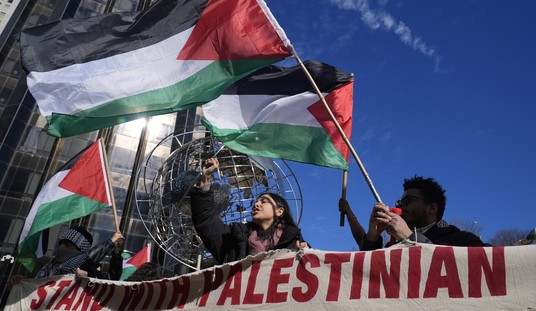
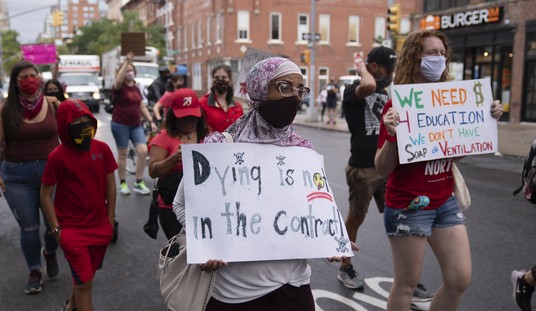
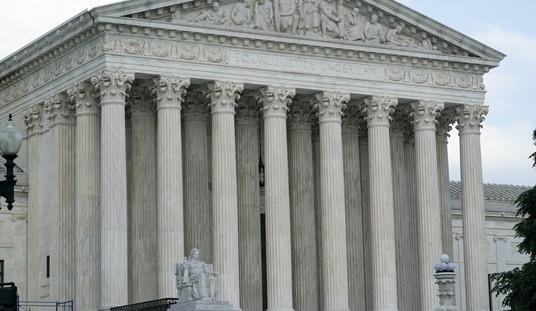

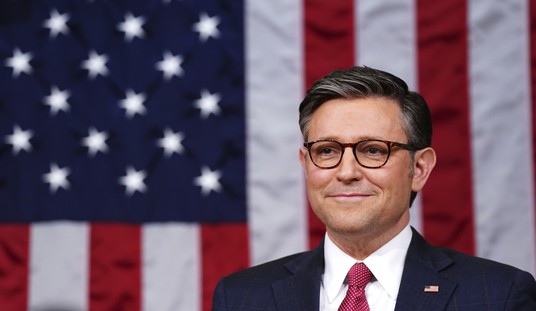
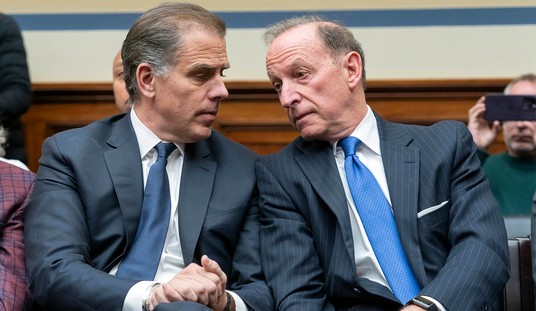
Join the conversation as a VIP Member